Kuno National Park
The park boasts a rich tapestry of fauna. Predators like the majestic Indian leopard and the recently introduced Southeast African cheetah prowl the grasslands. Other notable carnivores include jungle cats, sloth bears, dholes (wild dogs), Indian wolves, jackals, striped hyenas, and Bengal foxes. Herbivores graze freely in the park, with spotted deer (chital), sambar deer, graceful blackbucks, and the impressive nilgai (blue bull) being some of the most commonly sighted. The shy chousingha (four-horned antelope) can also be spotted here. Spot the elusive cheetah in its natural habitat on a thrilling safari adventure in Madhya Pradesh, an unforgettable experience for wildlife enthusiasts and nature lovers.
Reptile enthusiasts will find themselves equally enthralled. The mighty mugger crocodile basks on the riverbanks, while the prehistoric-looking gharial lurks beneath the water’s surface. The Bengal monitor and the Indian softshell turtle complete the reptilian diversity of Kuno National Park. Escape to a romantic wilderness getaway at Kuno National Park’s luxury family hotels, perfect for couples. Enjoy lavish amenities, thrilling safaris, and intimate moments amidst nature’s splendor. Book your dreamy retreat now!
Flora of Kuno National Park
Trees
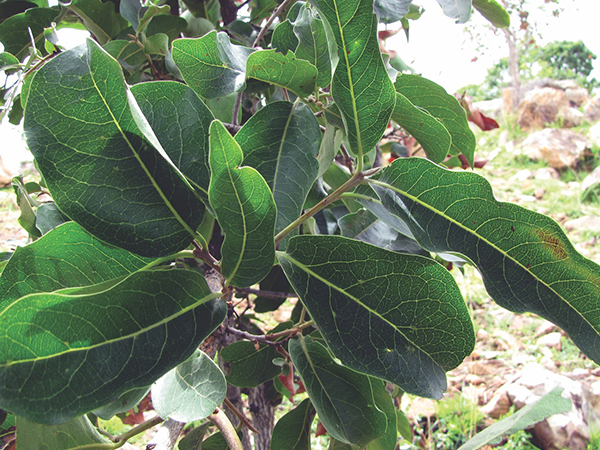
Tendu (Diospyros melanoxylon)
A source of food for both wildlife and local communities, its ebony-like wood is used for carving.
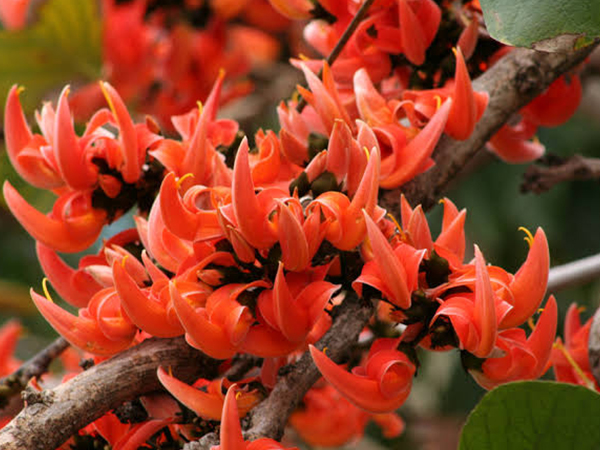
Palash (Butea monosperma)
Also known as the Flame of the Forest, this tree bursts into vibrant red flowers during spring.
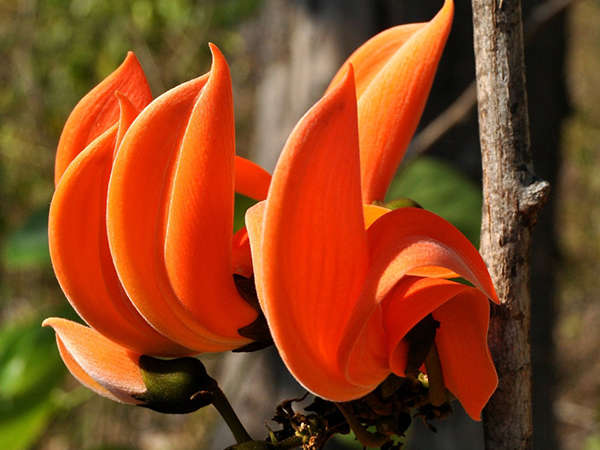
Dhak (Butea frondosa)
Another flowering beauty, Dhak adorns the landscape with its orange-red blooms.
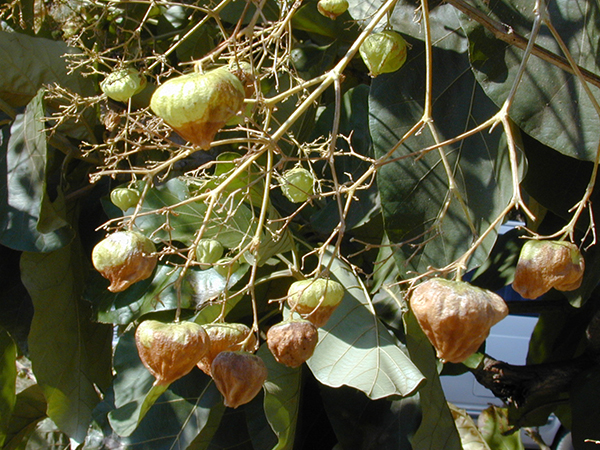
Teak (Tectona grandis)
Provides strong, long-lasting wood.
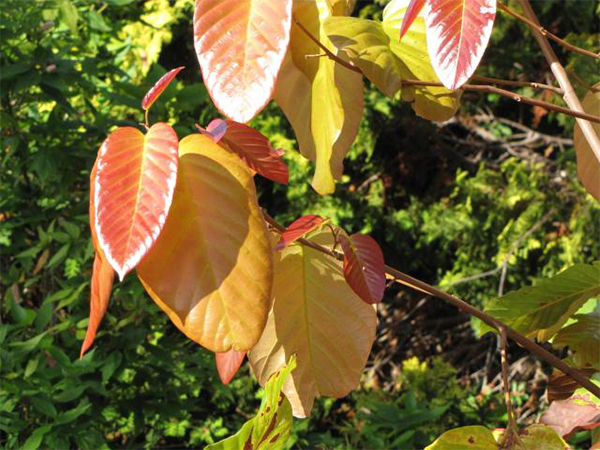
Saj (Shorearobusta)
Offers valuable timber and shady havens for animals.
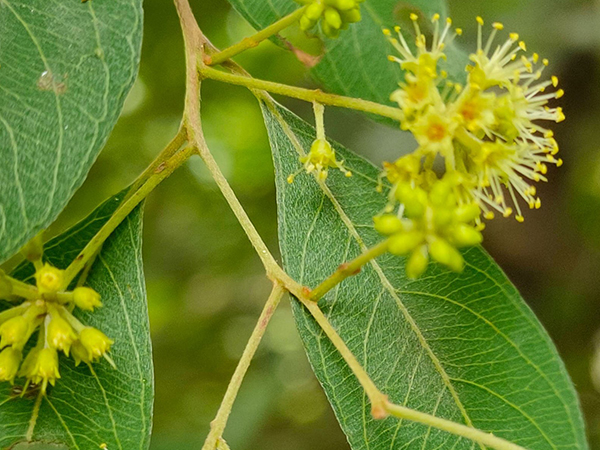
Kardhai (Anogeissus pendula)
A deciduous tree with simple, alternate leaves, providing valuable fodder.
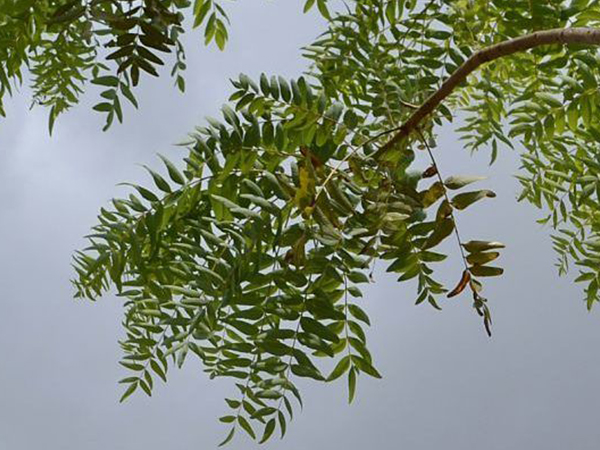
Salai (Boswellia serrata)
Known for its resin, Salai has serrated leaves and medicinal properties.
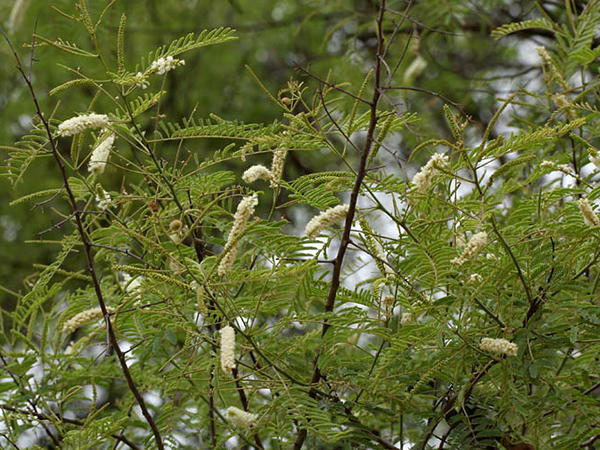
Khair (Acacia catechu)
A thorny tree with compound leaves, its heartwood is used for khair extract.
Shrubs
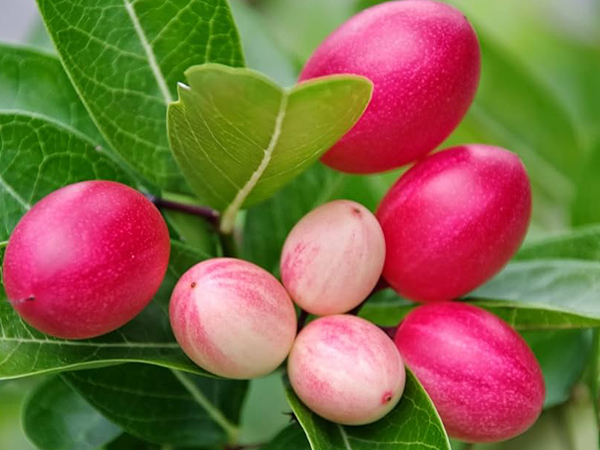
Carissa carandas (Karonda)
This prickly shrub bears delicious small fruits enjoyed by birds and mammals alike.
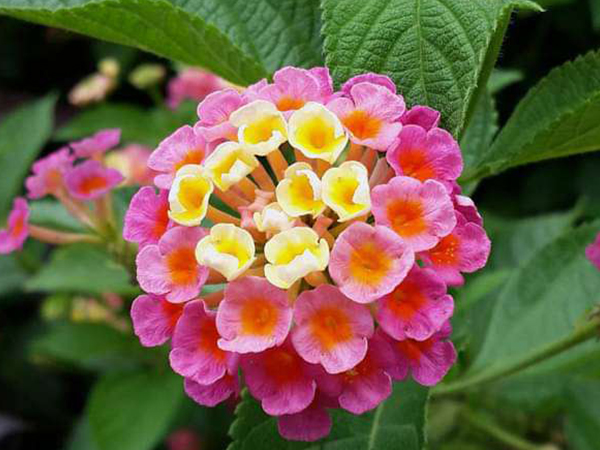
Lantana camara (Lantana):
A colorful invader, Lantana provides nectar for butterflies but can be troublesome due to its fast growth.
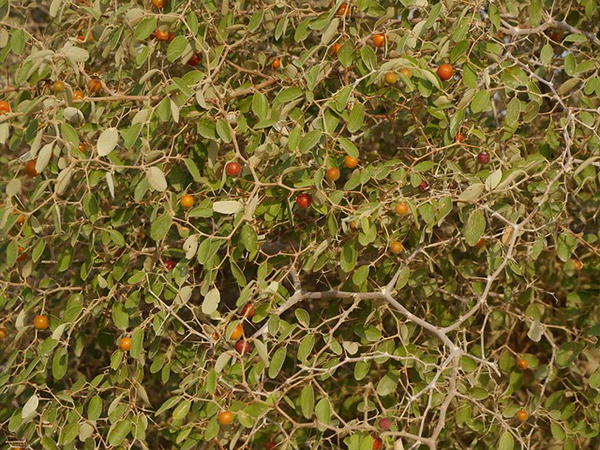
Ziziphus Nummularia (Ber):
A valuable source of food and medicine, the Ber shrub produces edible berries.
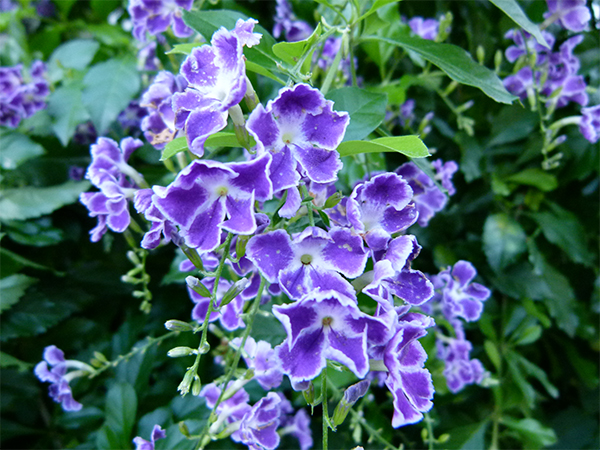
Durantarepens (Golden dewdrop)
A vibrant flowering shrub attracting butterflies and birds.
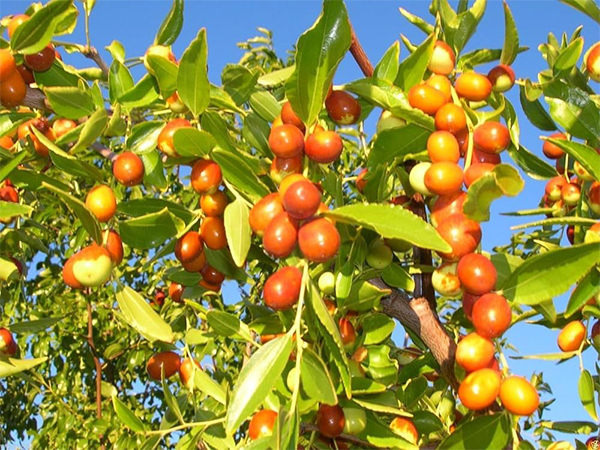
Ziziphusmauritiana (Indian jujube)
Provides edible fruits and thorny protection for smaller animals.
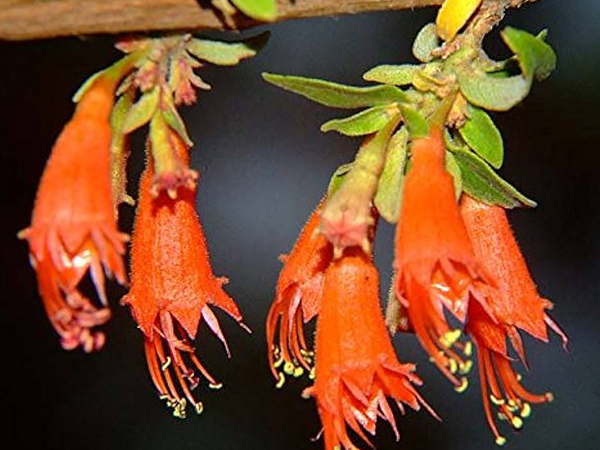
Dhawai (Woodfordiafruticosa)
Used in traditional medicine, it bears fragrant flowers.
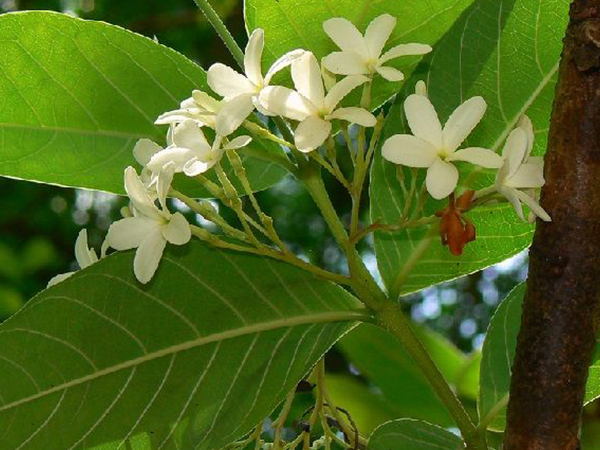
Kutaja (Holarrhenapubescens)
A medicinal shrub with white flowers and green fruits.
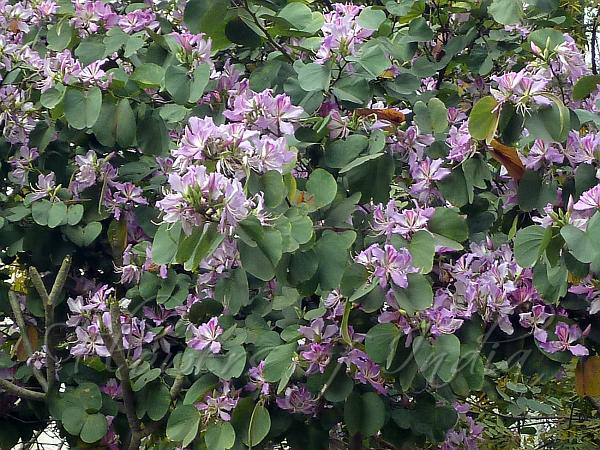
Kachnar (Bauhinia variegata)
An ornamental shrub with pink or white flowers.
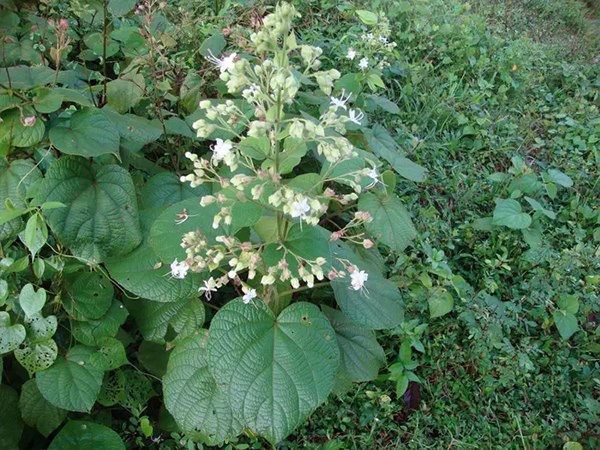
Gangeran (Clerodendrumviscosum):
Has aromatic leaves and clusters of white flowers.
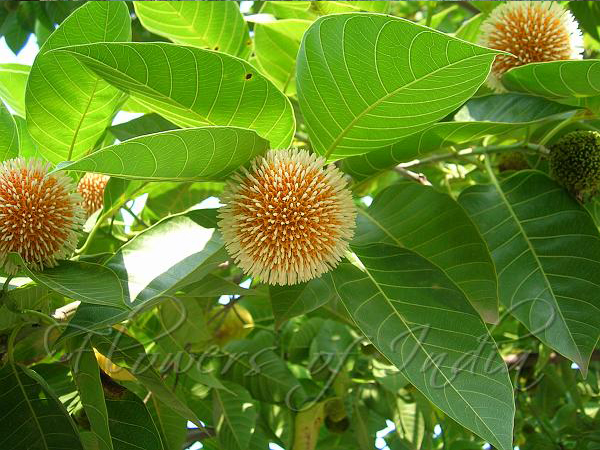
Kadam (Anthocephalus chinensis)
Known for its scented flowers and timber.
Fauna of Kuno National Park
Mammals
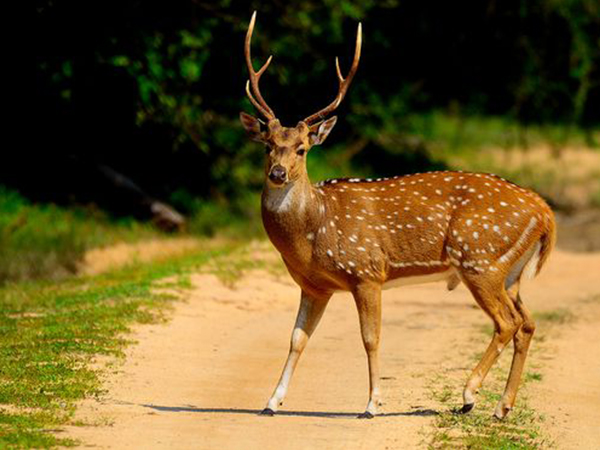
Spotted Deer (Chital)
These graceful deer are common in Kuno. Their white-spotted coat helps them blend into the forest.
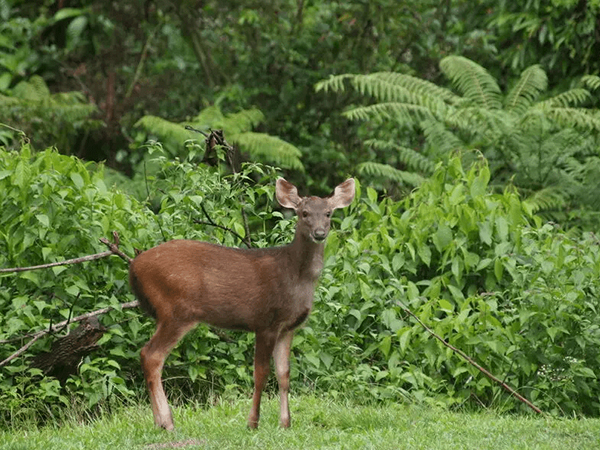
Sambar
The largest Indian deer species, the sambar, frequents the park. They are known for their impressive antlers.
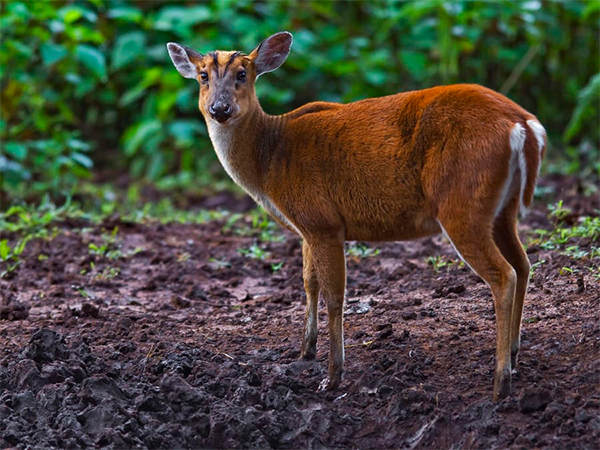
Barking Deer (Indian Muntjac)
These small, solitary deer emit a distinctive bark-like call.
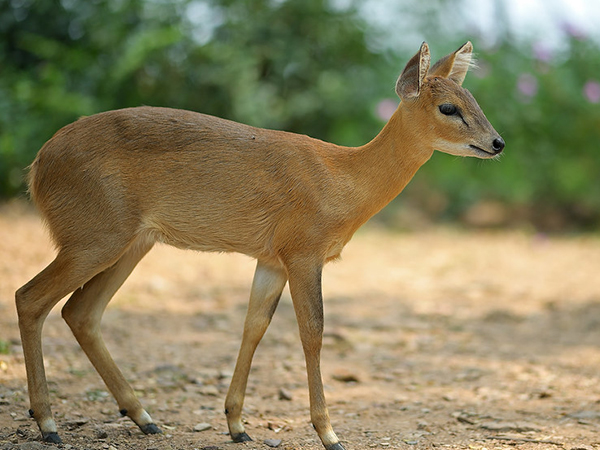
Chousingha (Four-horned Antelope)
As the name suggests, chousingha has four horns, making it unique among antelopes.
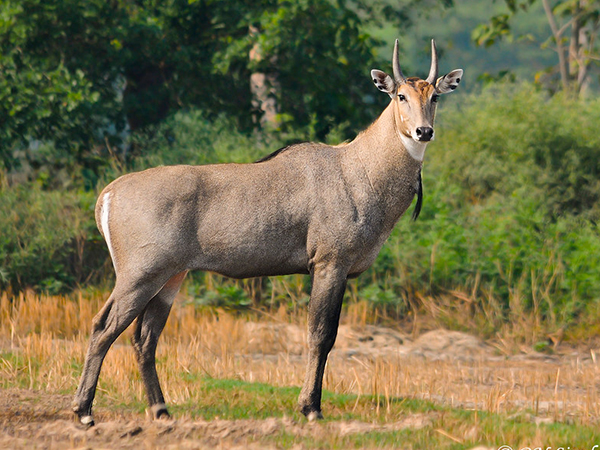
Nilgai (Blue Bull)
Nilgai are large antelopes with bluish-gray coats. They are primarily grazers.
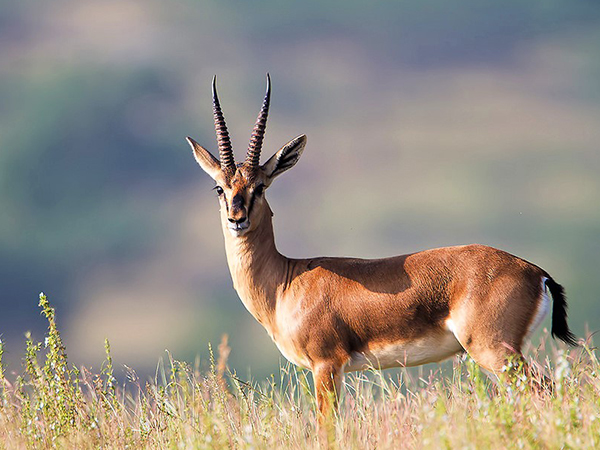
Indian Gazelle (Chinkara)
Chinkara are swift and agile gazelles found in grasslands
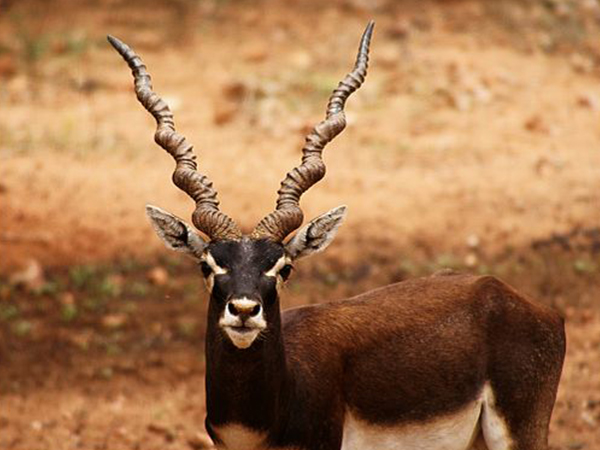
Black Buck
Known for their striking black and white coloration, black bucks are endemic to the Indian subcontinent.
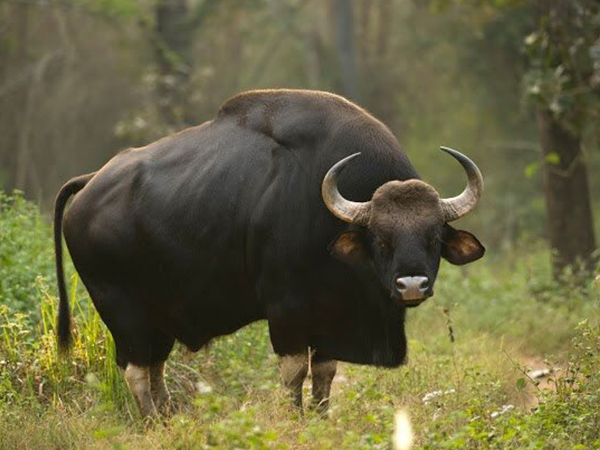
Gaur (Indian Bison)
These massive herbivores resemble domestic cattle but are wild and powerful.
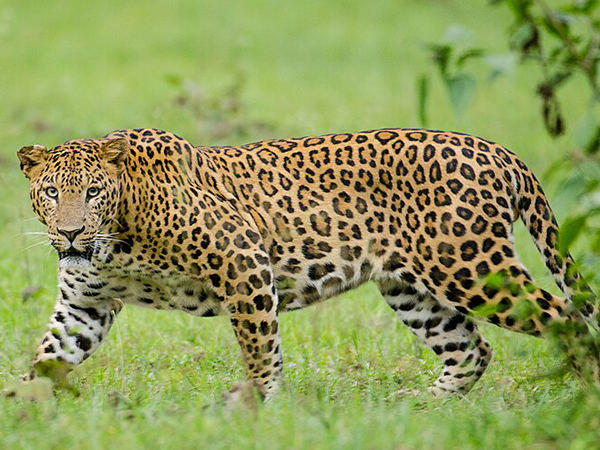
Leopard
Kuno is home to elusive leopards, skilled climbers, and ambush predators.
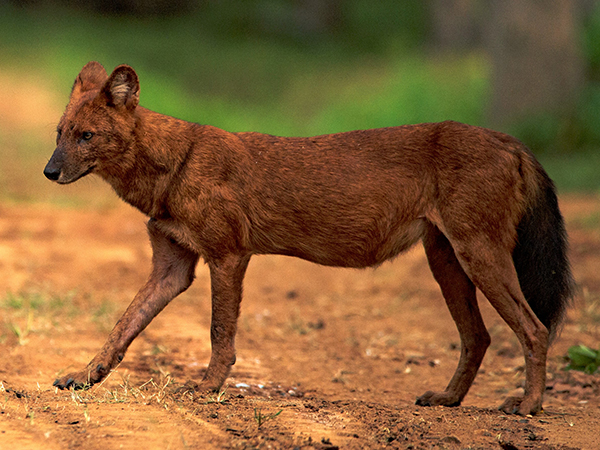
Wild Dog (Dhole)
Dholes are social pack hunters, often seen in groups.
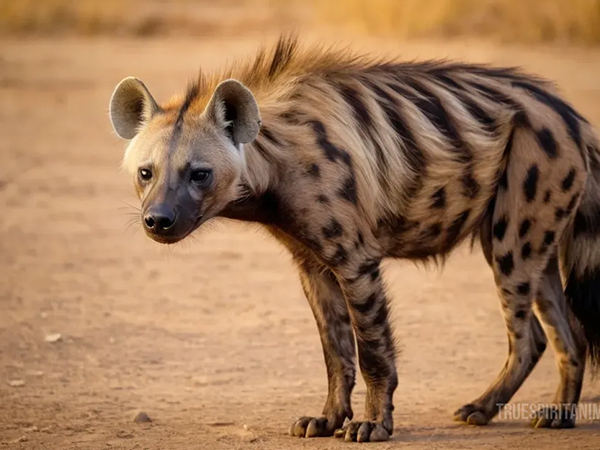
Striped Hyaena
These scavengers play a crucial role in maintaining ecosystem balance.
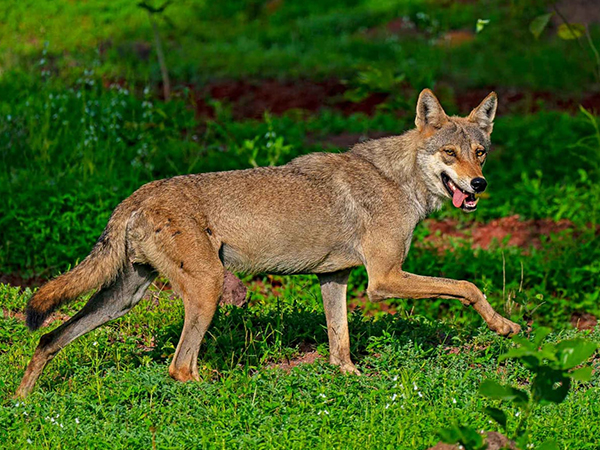
Indian Wolf
The Indian wolf roams the grasslands, preying on smaller mammals.
Avian Population of Kuno National Park
Birds
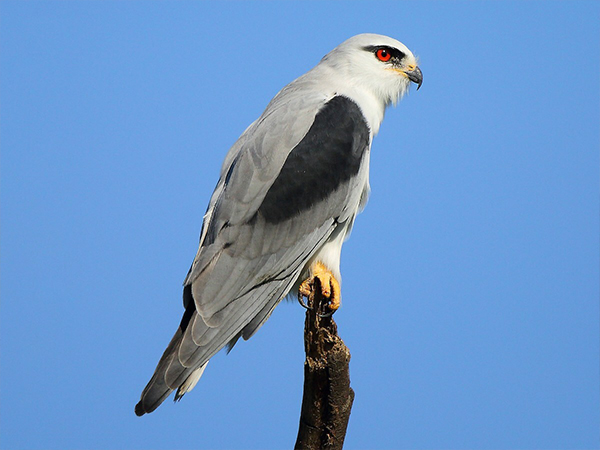
Black-winged Kite
A small raptor known for its hovering flight and striking red eyes.
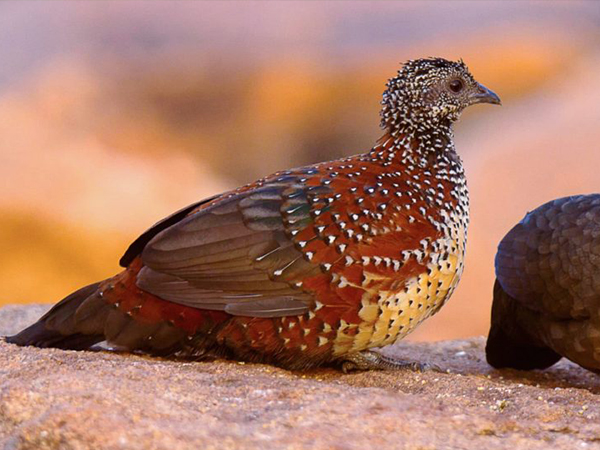
Painted Spurfowl
A colorful ground bird with a preference for rocky hills and scrub forests.
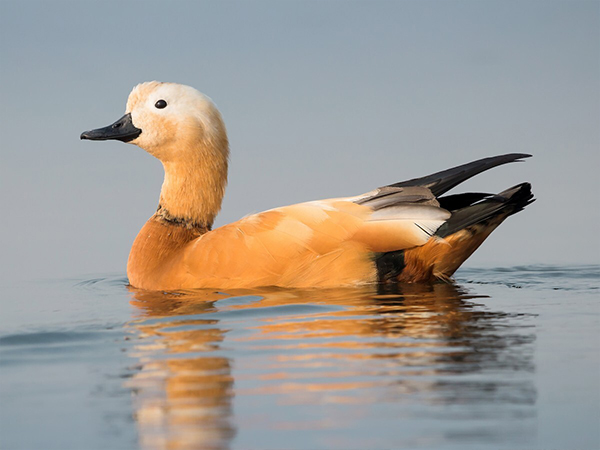
Ruddy Shelduck
A distinctive waterfowl with bright orange plumage and a loud, honking call.
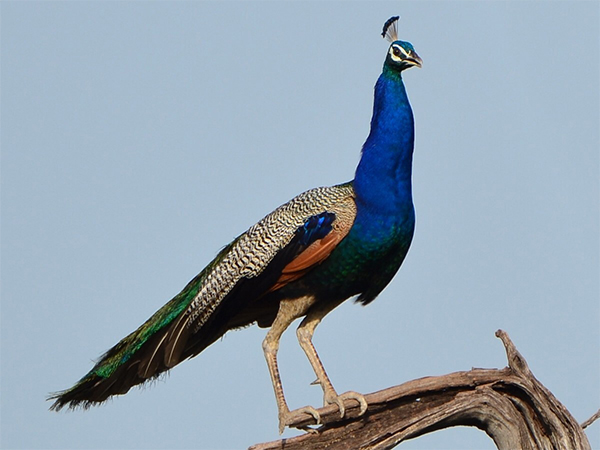
Indian Peafowl
The national bird of India, celebrated for the male’s spectacular tail feathers.
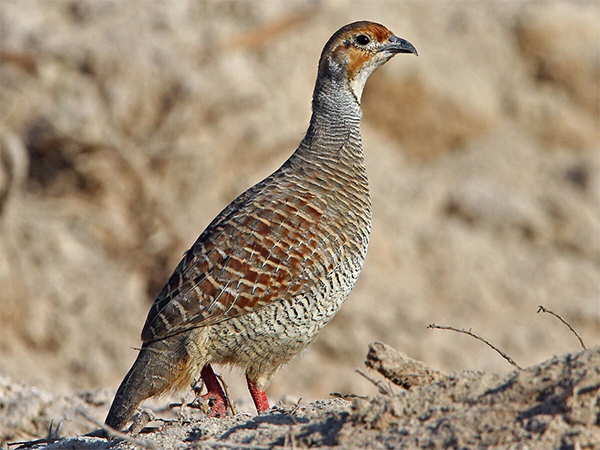
Grey Francolin
A common game bird with a loud, repetitive call often heard at dawn and dusk.
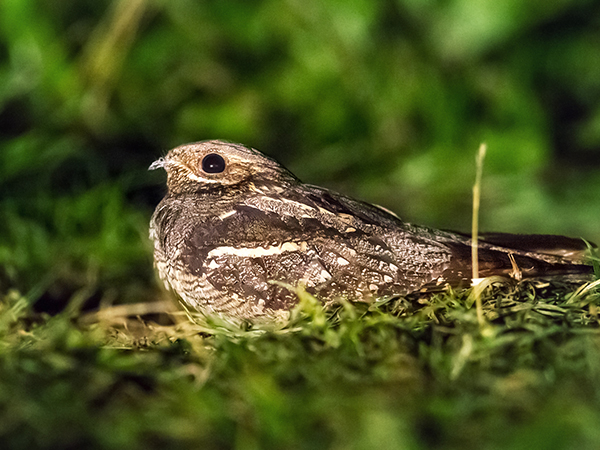
Eurasian Nightjar
A nocturnal bird with cryptic plumage, known for its churring song.
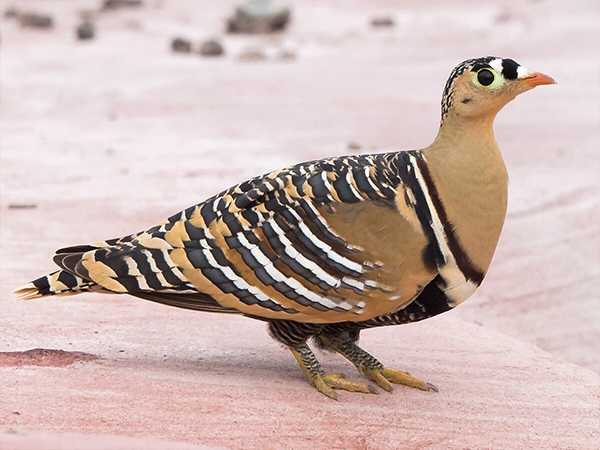
Painted Sandgrouse
Noted for its intricate patterns and colors, as well as its unique drinking habits.
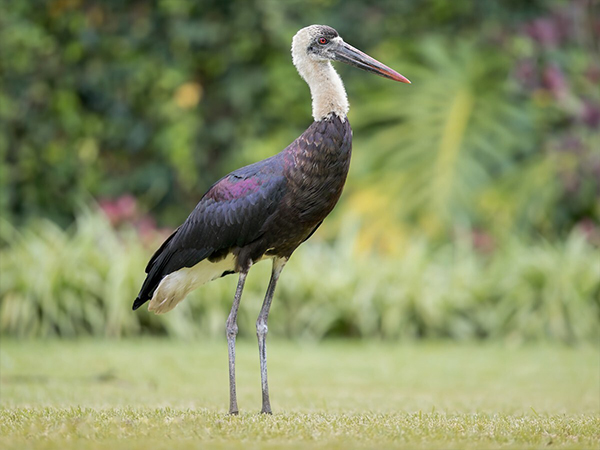
Woolly-necked Stork
A large stork with a white neck and black body, often seen near wetlands.
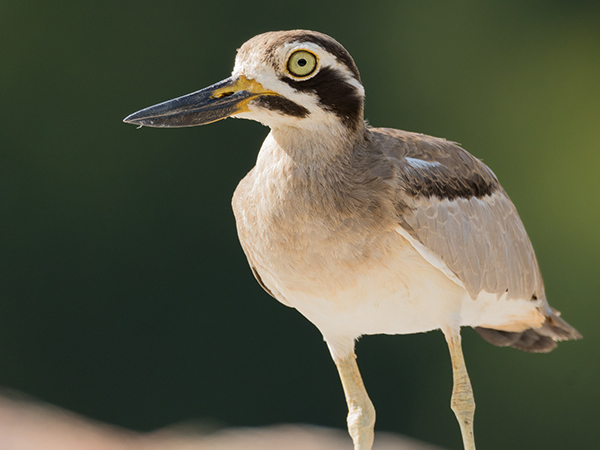
Great Stone-curlew
A large, nocturnal wader with a distinctive call and striking appearance.
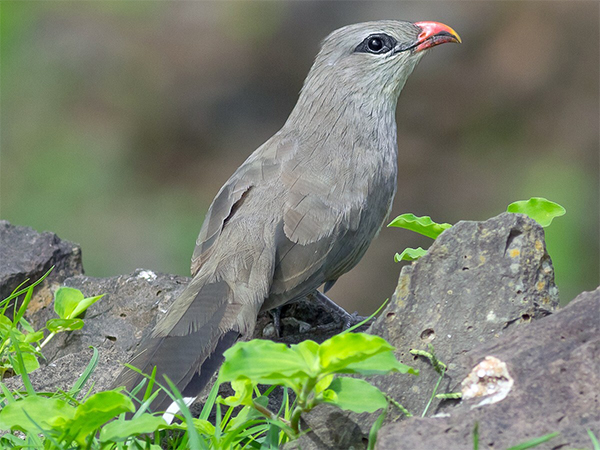
Sirkeer Malkoha
A member of the cuckoo family, recognizable by its long tail and curved bill.
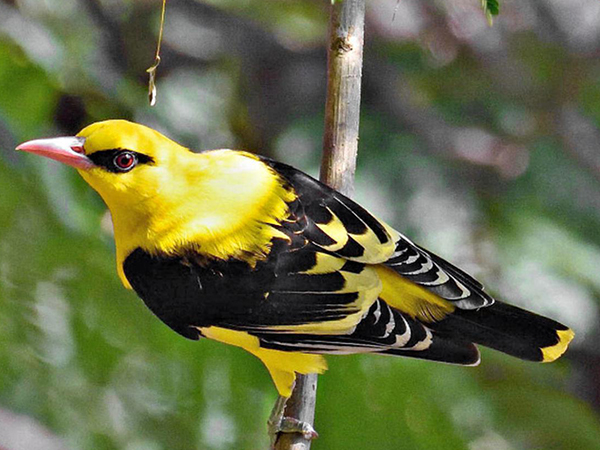
Indian Golden Oriole
A bright yellow bird with a melodious whistle, often found in open woodlands.
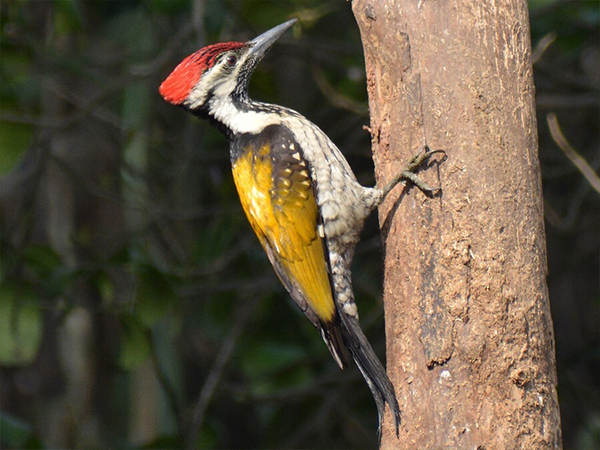
Black-Rumped Flameback
A woodpecker species known for its loud drumming on trees.
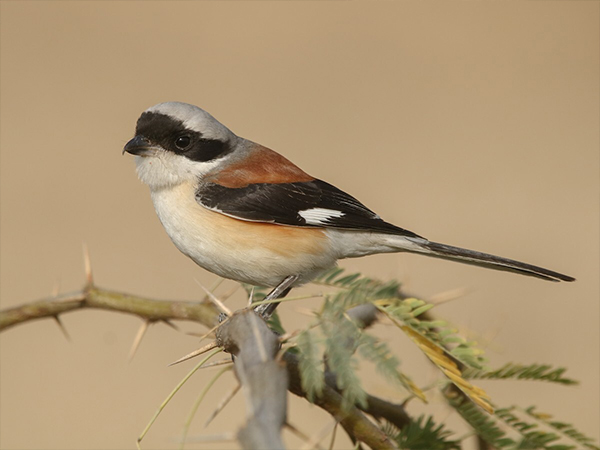
Bay-backed Shrike
A small bird of prey with a sharp beak, known for impaling its prey on thorns.
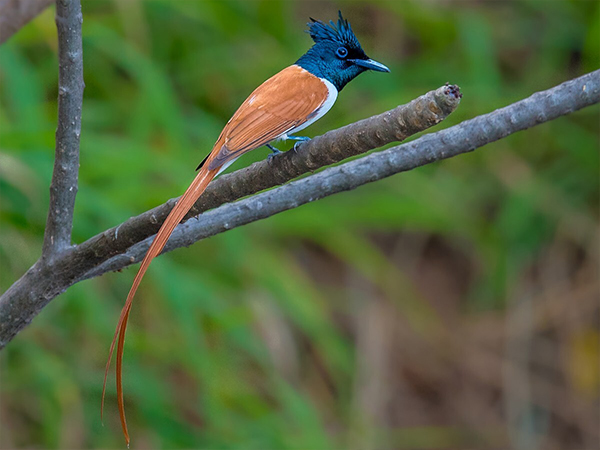
Indian Paradise Flycatcher
A stunning bird with a long, ribbon-like tail and a sweet, melodious call.
Spider Species of Kuno National Park
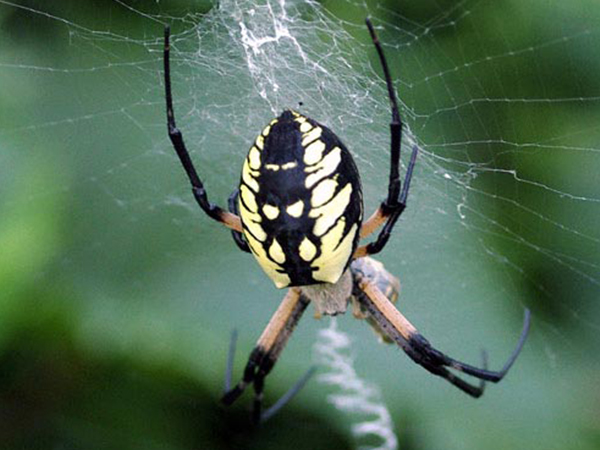
Orb-Weavers (Araneidae)
These skilled weavers create intricate, circular webs. Look out for the golden silk orb-weaver (Nephila spp.)—its large, yellow web is a sight to behold.
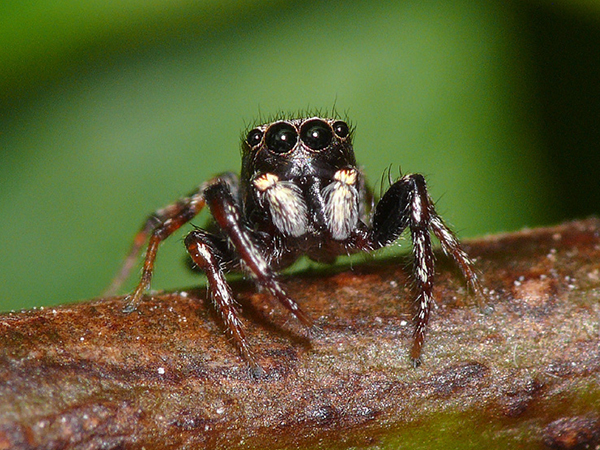
Jumping Spiders (Salticidae)
These agile hunters pounce on their prey with precision. Their large, forward-facing eyes give them a curious appearance. Keep an eye out for the vibrant Maratus peacock spiders!
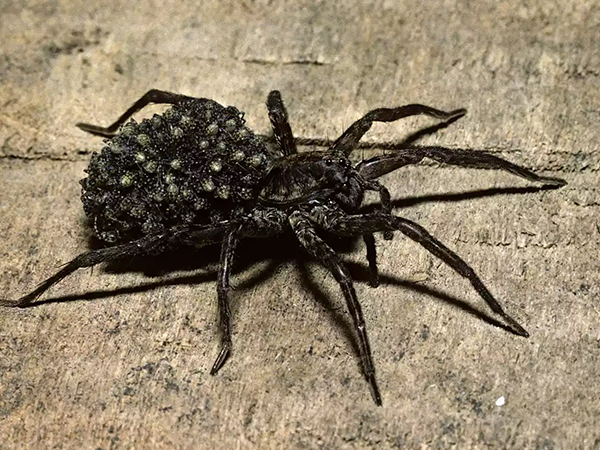
Wolf Spiders (Lycosidae)
Ground-dwelling hunters with excellent eyesight. They don’t spin webs but actively chase down their meals. Their burrows can be found in leaf litter and crevices.
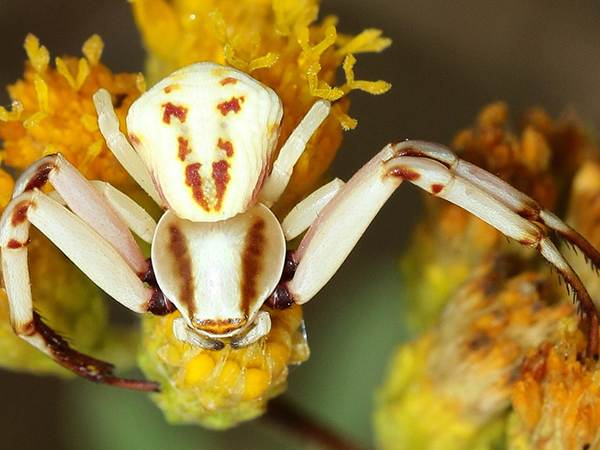
Crab Spiders (Thomisidae)
These ambush predators blend seamlessly with flowers or bark. Their crab-like stance and ability to change color make them fascinating to observe.
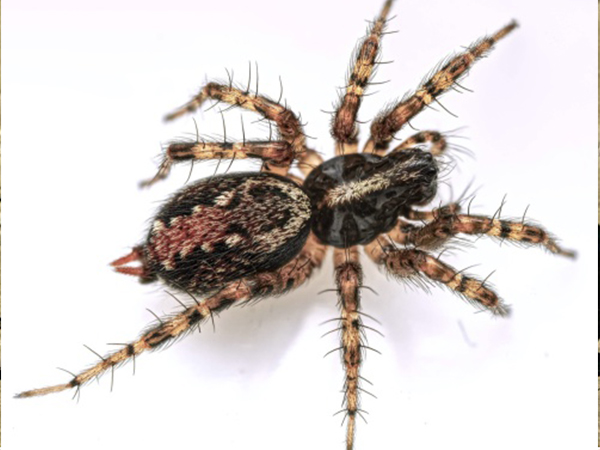
Funnel Weavers (Agelenidae)
Look for funnel-shaped webs near the ground. These spiders wait at the narrow end, sensing vibrations from trapped insects.
Reptile Species of Kuno National Park
Reptiles
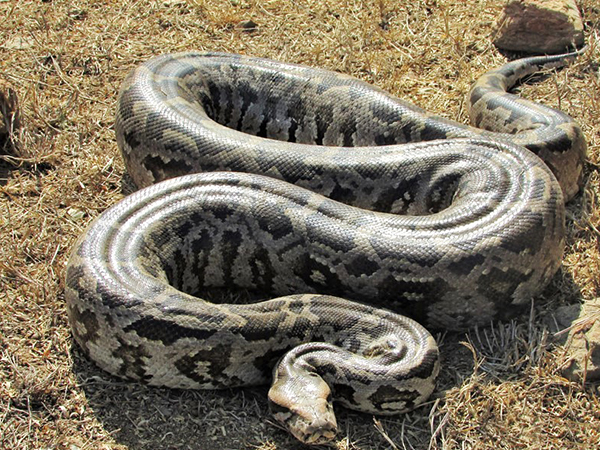
Indian Rock Python
This impressive constrictor, reaching up to 20 feet long, is a master of camouflage. The Indian rock python (Python molurus) inhabits diverse areas like forests, grasslands, and rocky outcrops. These non-venomous hunters are ambush predators, using their powerful coils to squeeze the life out of their prey.
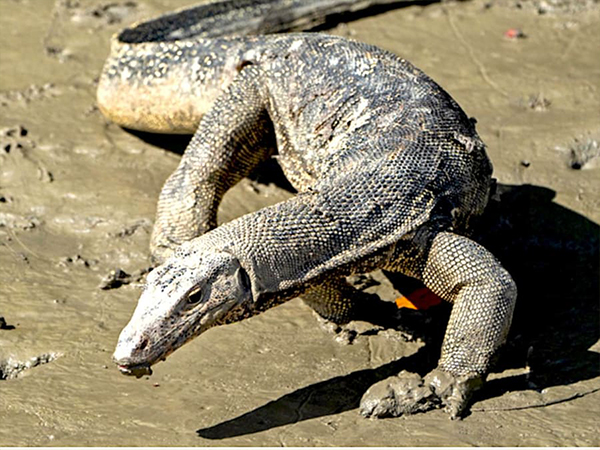
Monitor Lizards
Watch for the Bengal monitor (Varanus bengalensis) while exploring Kuno. These large lizards with elongated bodies and strong limbs are adept climbers. They can be spotted near water sources basking in the sun or skillfully navigating the trees.
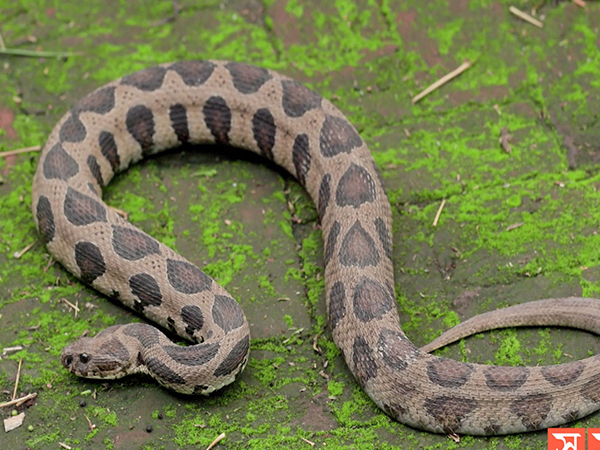
Russell's Viper
A venomous resident of Kuno's grasslands and scrub forests is the Russell's viper (Daboia russelii). Identified by its triangular head and dark, zigzag markings, this viper, unfortunately, causes many snakebite incidents in India. It's important to exercise caution while exploring the park.
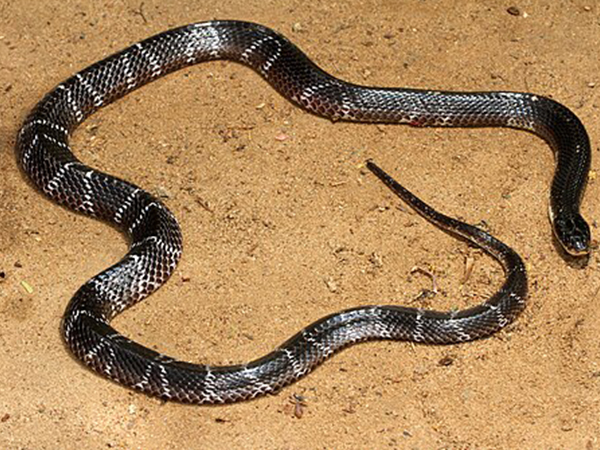
Common Krait
The common krait (Bungarus caeruleus) is another venomous snake to be aware of in Kuno. Unlike the diurnal viper, this nocturnal snake is often found near human settlements. Look for its black-to-bluish-gray body with distinctive white bands.
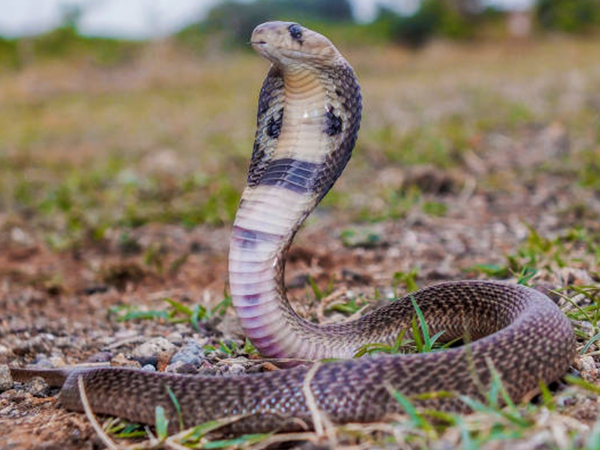
Indian Cobra
The iconic Indian cobra (Najanaja) needs little introduction. Recognized by its impressive hood, this cobra prefers grasslands, farmlands, and forest edges. While their venom is potent, cobras play a valuable role in the ecosystem by keeping rodent populations in check.
